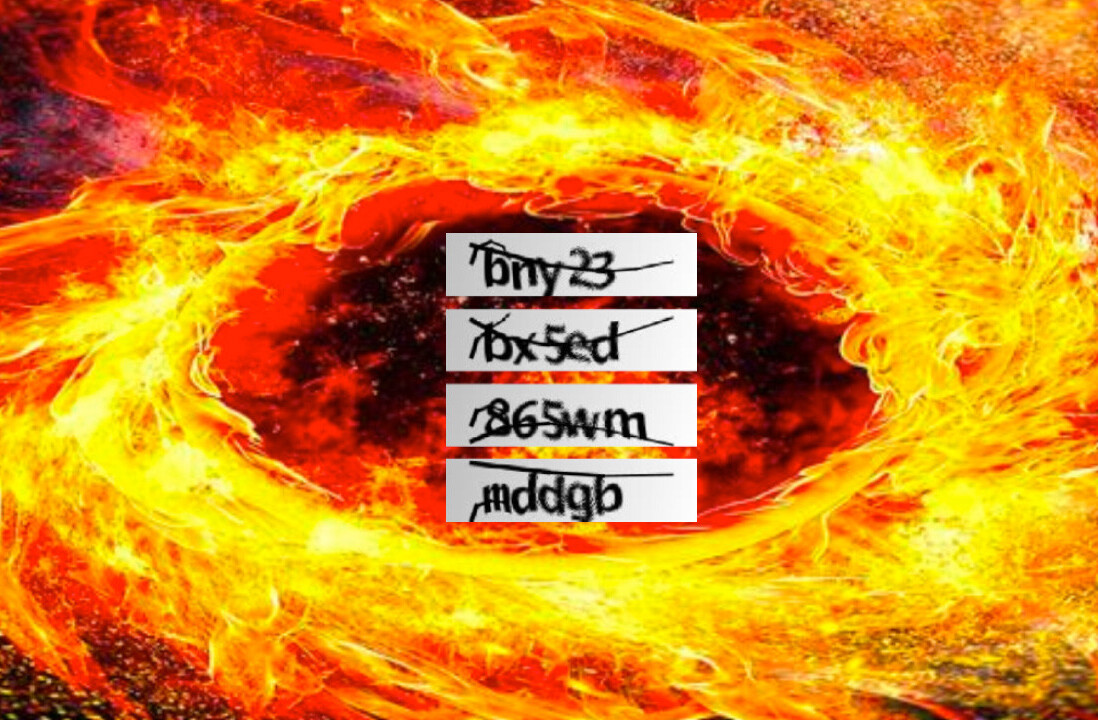
Was Apple clear enough in explaining iOS 9’s new Wi-Fi Assist capability? The feature, which lets your phone automatically call on your cellular data plan if the current Wi-Fi isn’t strong enough, has been a source of controversy since the new OS was released.
One Florida couple says no, and today filed a $5 million class action lawsuit against Apple in U.S. District Court in San Jose. They accuse Apple of violating California’s Unfair Competition Law, the state’s False Advertising Law, and negligent misrepresentation, charging that they and the class were mislead about cellular data usage.
The controversy over Wi-Fi Assist — a feature you can toggle on or off in your iPhone’s settings — started last month with the release of iOS 9, when some people noticed higher-than-usual usage of their data plans. As complaints mounted, Apple added a support page on its site explaining how the feature worked. It is enabled by default. The complaint reads in part:
Defendant failed to disclose to consumers that this automatic switch to cellular data caused by an activated Wi-Fi Assist (the default setting) may result in exceeding the data capacity allowed under their phone plans. This is especially true as there is no warning or disclosure when the phone switches from Wi-Fi to cellular data.
But that explainer — which denied that Wi-Fi Assist was responsible for more than negligible extra cellular use — was not good enough for the plaintiffs, William Scott Phillips and Suzanne Schmidt Phillips.
The couple says say they incurred overuse charges on both of their iPhone 5s phones after upgrading to iOS 9, though they did not state an exact amount. They argue that Apple should be paying customers for any overages they incur on their cellular plans.
To find out if this feature is enabled on your phone, or to shut down the feature, go to Settings > Cellular and then scroll to the bottom to find the toggle button. Older iPhones like the 4s do not have this option.
➤ Lawsuit accuses Apple’s iOS 9 Wi-Fi Assist of burning through $5M+ in data
Get the TNW newsletter
Get the most important tech news in your inbox each week.




